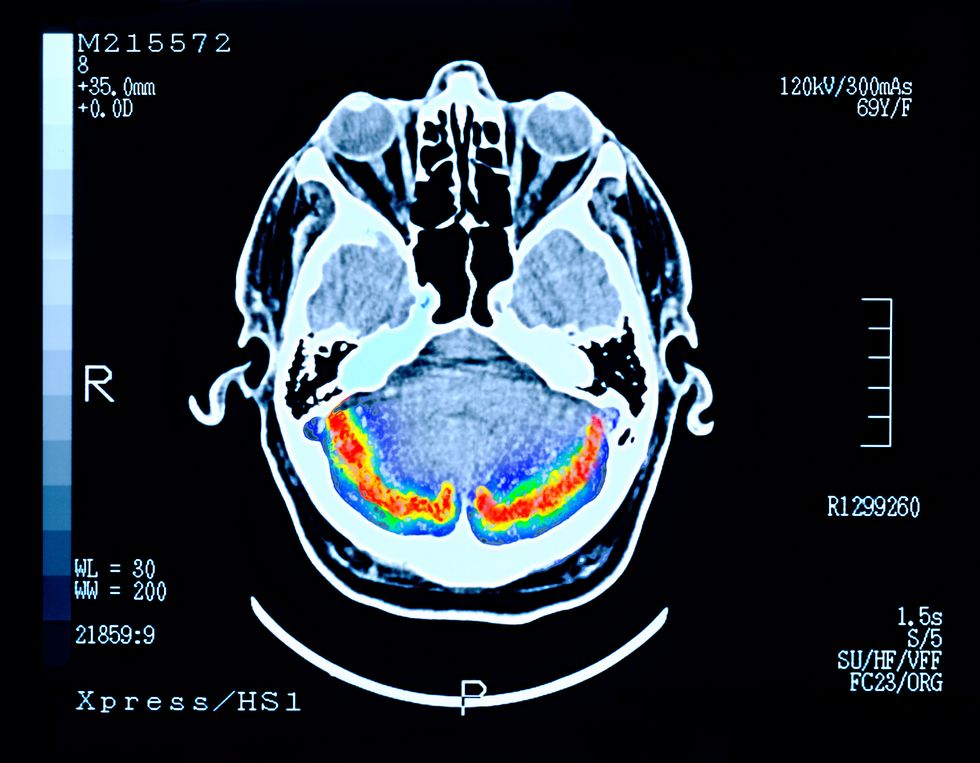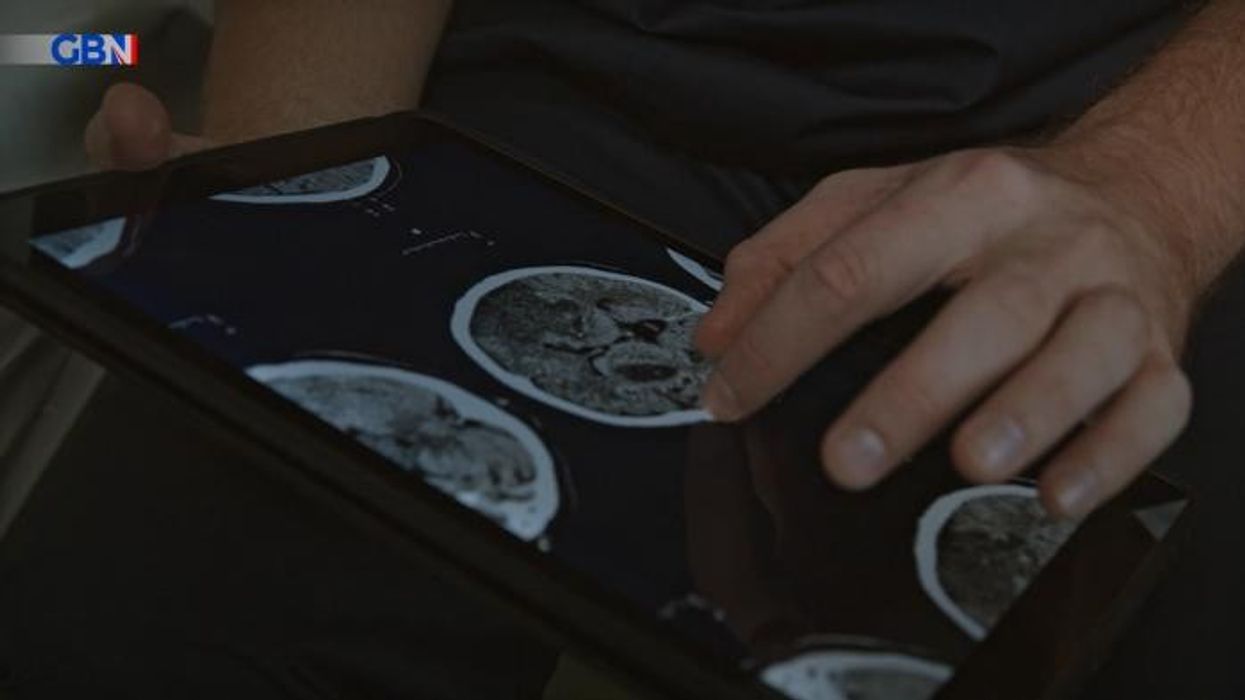Dementia warning as groundbreaking study finds activity that puts Britons at risk of developing symptoms

When it comes to protecting our brains, there is no safe level of alcohol consumption, scientists have warned
Don't Miss
Most Read
Even a single glass of wine with dinner might not be as harmless as we've long believed, according to a groundbreaking study examining over half a million people.
The research, conducted by teams from Oxford, Yale and Cambridge universities, directly challenges decades of conventional wisdom that suggested moderate drinking might actually protect our brains. Instead, the findings show that alcohol consumption at any level appears to harm brain health.
"Our findings challenge the common belief that low levels of alcohol are beneficial for brain health," explained Dr Anya Topiwala from Oxford Population Health. "Genetic evidence offers no support for a protective effect; in fact, it suggests the opposite."
The numbers are particularly striking. Among the 559,559 participants tracked in the UK Biobank and US Million Veteran Programme, researchers discovered that consuming just one to three extra drinks per week increased dementia risk by 15 per cent.

Any amount of alcohol consumption could increase your risk of developing dementia
|GETTY
TRENDING
Stories
Videos
Your Say
During the study period, 14,540 people went on to develop dementia, making the research one of the largest investigations of its kind into the relationship between alcohol and brain health.
The research team found that as alcohol consumption increased, so did the likelihood of developing dementia. This linear relationship held true regardless of whether someone was a light, moderate or heavy drinker, suggesting that when it comes to protecting our brains, there's no safe level of alcohol consumption.
The research team employed an innovative genetic approach called Mendelian randomisation to get around the limitations of traditional studies.
By examining genetic variants linked to alcohol consumption in 2.4 million people, they could determine whether alcohol actually causes dementia rather than simply being associated with it.
Three genetic markers were analysed - one for weekly drinking volume, another for risky drinking patterns, and a third for alcohol dependence. In every case, people with a higher genetic predisposition to drink showed greater dementia risk.
"The random nature of genetic inheritance allows us to compare groups with higher and lower levels of alcohol drinking in a way that allows us to make conclusions that untangle the confusion between correlation and causation," explained Dr Stephen Burgess from Cambridge University.
Previous observational studies had shown a puzzling U-shaped pattern - both non-drinkers and heavy drinkers appeared to have higher dementia risk than light drinkers.
But researchers discovered this was likely due to "reverse causation", where people experiencing early dementia symptoms had already reduced or stopped their alcohol intake.
This meant that many supposedly "healthy non-drinkers" in traditional studies were actually already experiencing cognitive decline, which skewed the results.
The genetic analysis avoided this pitfall entirely by looking at people's lifetime drinking tendencies rather than their current habits.
"There was a time when medical knowledge seemed to support that light drinking would be beneficial to brain health, and this work adds to the evidence that this is not correct," notes Dr Joel Gelernter from Yale University.
LATEST DEVELOPMENTS

There are approximately 982,000 people currently living with dementia in the UK
|GETTY
The implications for public health are significant. With approximately 982,000 people currently living with dementia in the UK, and projections suggesting this could reach 1.4 million by 2040, the findings point to alcohol reduction as a potentially powerful prevention tool.
"Even light or moderate drinking may increase the risk of dementia, indicating that reducing alcohol consumption across the population could play a significant role in dementia prevention," Dr Topiwala emphasises.
The research, published in BMJ Evidence-Based Medicine, suggests that cutting back on alcohol - even for those who consider themselves moderate drinkers - could help protect brain health.
For a nation that loves its pub culture, it's a sobering reminder that when it comes to preventing dementia, less really might be more.
Our Standards: The GB News Editorial Charter











